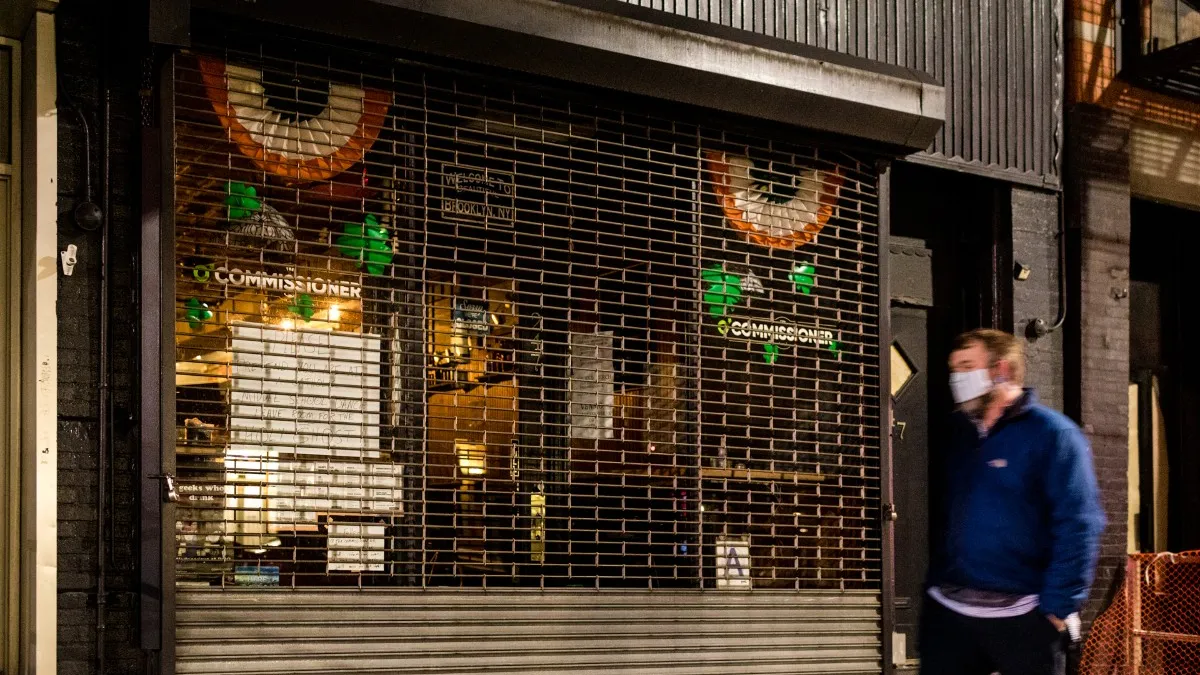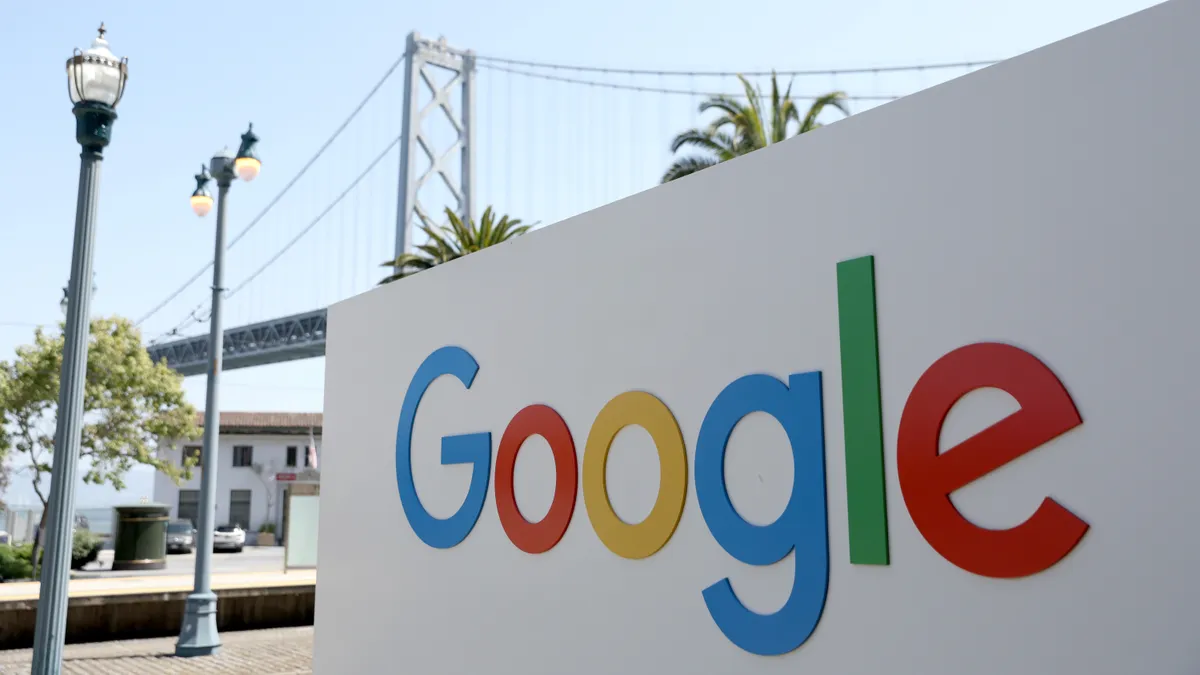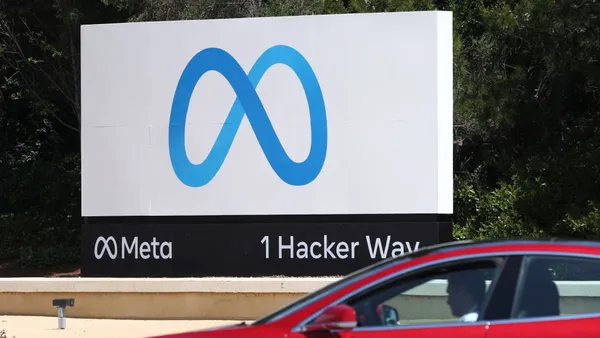Dive Brief:
- Excluding political advertising, U.S. ad spending could drop 13% this year, as the economic effects of the coronavirus pandemic and other societal pressures reverberate, GroupM's Global President of Business Intelligence Brian Wieser wrote in a mid-year forecast Tuesday. That decline could be just 8% when accounting for political advertising, which is expected to "massively" expand amid a contested presidential race.
- While the slide in ad spending is likely to be steep in either case, it would be less severe than the 16% plunge recorded amid the 2009 financial crisis, even though economic conditions on the basis of metrics like GDP appear far worse this year. The resiliency is surprising, according to Wieser, but driven by several nuanced factors.
- The consequences of the '09 recession slowly unfurled over months, while the pandemic effectively shut down several categories, including retail and travel and hospitality, all at once in March, while other verticals continued business as usual and even saw areas like e-commerce and curbside pickup boom. Small businesses also appeared to return to ad spending relatively quickly, even as large brands continued to pull back.
Dive Insight:
In the research note, Wieser continually cautioned that the pandemic and broader societal volatility, including the current protest movement and uncertainties around unemployment, make it difficult to paint a clear picture of the months ahead and the degree of recovery. Estimates from Refinitiv cited by GroupM point to an inflation-adjusted decline of 5.7% in U.S. economic activity for 2020, which would mark the worst outcome since the Great Depression.
"This is a sharp turnaround from expectations for growth widely held in early March," Wieser wrote.
Still, the latest projections contain slivers of optimism about the severity of the situation's impact on ad spending, which could be less heavy than the Great Recession even though GDP could plunge up to 4% this year versus the 1.8% drop in '09. The contrast speaks to how the pandemic's unique circumstances and the ways it's accelerated digital transformation are potentially contributing to greater fortitude in the ad market.
E-commerce, for instance, has propped up retailers that have seen foot traffic otherwise decimated, and could prove an important sticking point moving forward as consumers remain wary of shopping in stores. Walmart saw e-commerce sales explode 74% in Q1, and big box rivals like Target and Best Buy have also notched triple-digital gains on the channel — not to mention the success of more digitally oriented companies like Amazon.
"Hybrid business models featuring purchases online with in-store or curbside pickups, as evidenced in retailers' results, will only become significantly more common going forward," Wieser said.
Accordingly, platforms like Google and Facebook have ramped up their e-commerce offerings, frequently with an eye toward supporting small businesses.
Despite the economic devastation, small businesses, in general, have played a potentially significant role in keeping the digital ecosystem running at a healthy clip, helping to offset losses as multinational marketers hit the brakes on ad spending. Global data shared by Shopify, which recently launched a shopping app tailored to small businesses, suggest e-commerce activity in the category spiked in April.
"We also know that declines in global ad revenue from Google and Facebook, both heavily skewed toward small businesses, were much more modest than expected in April too," Wieser said. "With these trends in mind, and an expectation that businesses of all sizes will transition online more aggressively, we expect digital advertising to decline by only 3% during 2020 on an underlying basis, or be flat including political advertising."
As states start to ease lockdown orders, some larger marketers are at the same time turning the taps back on as they look to seize new opportunities that could ultimately garner a "disproportionate" share of voice and grow long-term brand equity, according to Wieser.
GroupM's projections are predicated on the assumption that hard-hit categories, such as movie theaters and tourism, will resume some normal operations in the months ahead, while major live events like professional sports and the Olympics will occur, albeit on a delayed schedule.
















